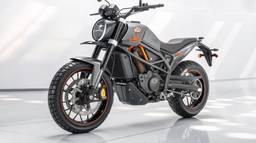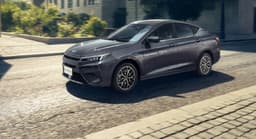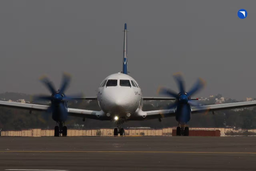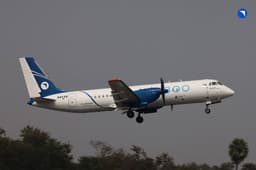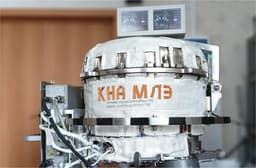Russian engineers have refined and improved the first domestic robot dog, released in 2021. The walking robot is even more adapted to the urban environment in the form of stairs, elevators, escalators. Now, not only scientists, but also students, and even schoolchildren in robotics courses will be able to work with it.
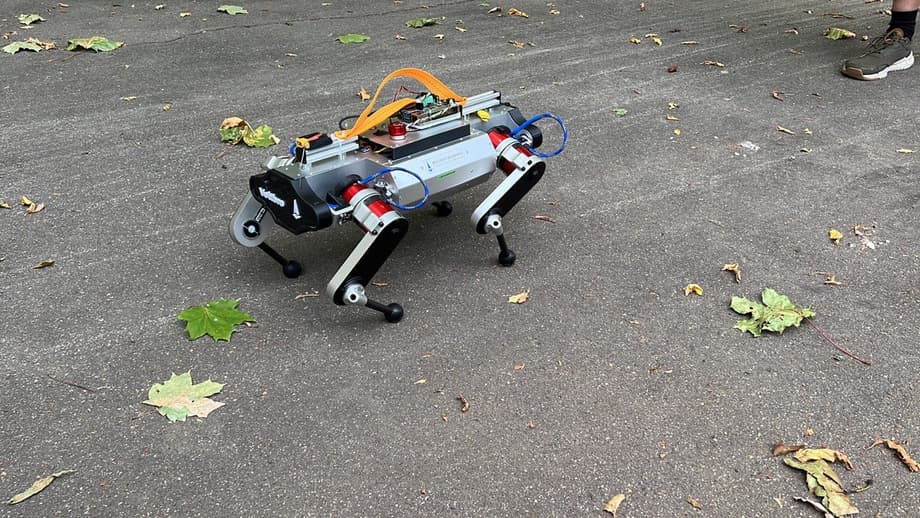
The development of the Research Institute of Mechanics of Moscow State University named after M.V. Lomonosov and the "Volt Brothers" project received a new body that is easier to open and disassemble on the table. It is now easier to connect or attach additional equipment to the robot dog running on the "Robot Operating System". For example, lidar or a depth camera, which help the robot identify walls and obstacles while moving around the city.
According to the press service of Moscow State University, the robot dog works without recharging for about 60 minutes, and knows how to perform simple commands from any position: lie down, stand up, give a paw. It is able to move at a trot at a speed of about 3.5 km/h. It is easy to control, you can do it with a regular joystick.
The updated robot dog comes with workshops on applied mechanics and control theory for robotics students. In addition, scientists and engineers have developed an entire educational course on working with walking machines. Educational organizations in Russia can receive it upon request to the developers.
We have made the new version of the robot as open as possible for development in terms of software at all levels, which no other robot can boast.
So far, the Moscow robot dog remains the first and only quadruped walking robot in Russia. This area of robotics is promising in the global community, since walking mechanisms are easier to move in an urban environment than robots on wheels.
The uniqueness of the robot dog is also that it operates on brushless drives with small reduction ratios. This type of drive makes the robot easy to maintain, more stable and faster to operate, and reduces its energy consumption.
Its appearance in universities and schools in Russia will help new generation research groups create new models of walking robots for various fields.
Visitors to the Moscow Expocentre on Krasnaya Presnya will be able to see the robot dog live as early as October 7. An interactive science exhibition will open there as part of the All-Russian NAUKA 0+ Festival.

